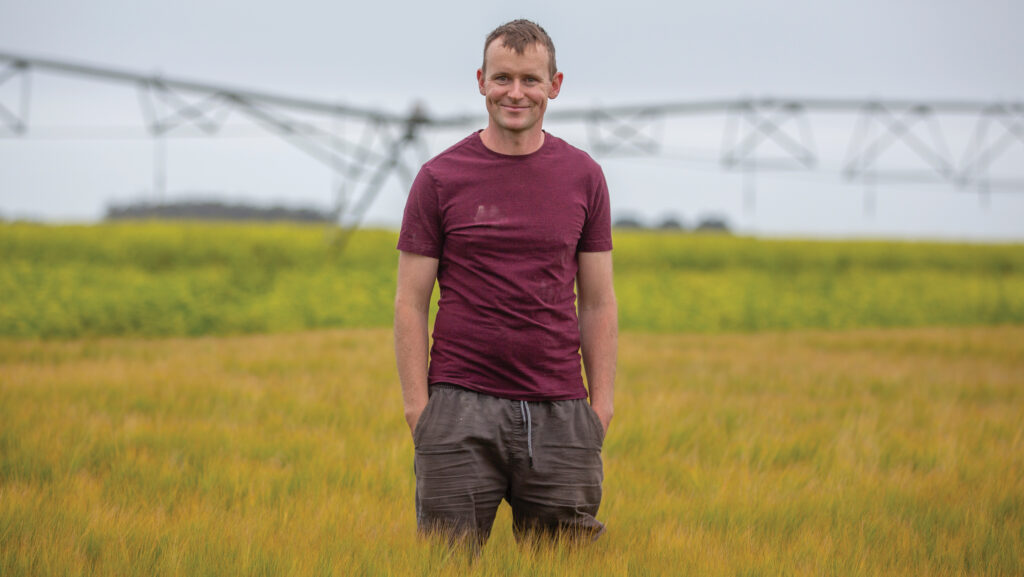Chris Bennett: New government should tweak SFI rules
 © Johnny Houston
© Johnny Houston Within the Sustainable Farming Incentive (SFI) 2024 offer, the inclusion of the no-till option has been much anticipated and looks likely to get a large uptake.
However, I am concerned that as a non-rotational option it is much less appealing than it first appeared.
Defra decided to make it non-rotational as the real benefits of no-till come when it is practised over a longer duration. However farmers who cultivate only infrequently will find themselves disproportionately penalised.
See also: Chris Bennett – take a decent grain price if it’s on offer
If, for example, a farmer has a five-year rotation and they lightly cultivate a fifth of their land each year, they will only be able to claim two-fifths of the payment despite the fact they’d be no-till on four-fifths of their farm.
Most regenerative farmers would agree that light cultivation is acceptable when there is a sound agronomic reason to do so.
Encouraging weeds or volunteers to germinate may require more than a stubble rake that is allowable under this option, especially in a dry year.
I would like to see a change to the rules – ideally a range of options to be created that can be applied for in retrospect at the end of the year.
This would be appropriate for the no-till option, but also actions such as the insecticide-free option.
It would allow farmers to manage their crops as is most suitable to the year, knowing that they would be rewarded appropriately were they able to deliver on the action’s aim.
Alternatively, they would not be hamstrung by their commitment in a difficult season.
I realise the new sympathetic way the scheme is governed allows removal of options more easily than in the past. However, we can’t be sure that this leniency will continue under a new government, and the administration involved in applying for, and then removing, options is a burden.
If the extreme conditions of this year have proven anything, it is that being adaptable is key and a change to the rules would allow this.


